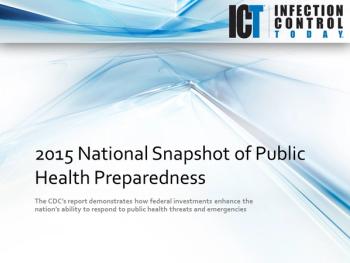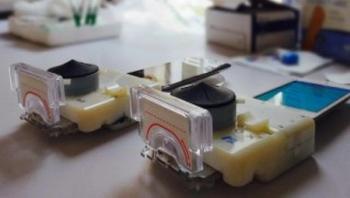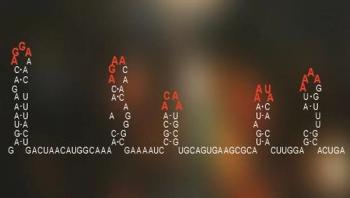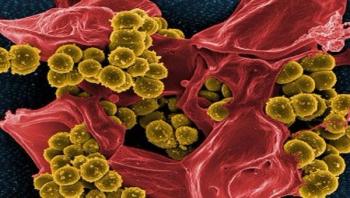
News








A team of researchers, led by Samuel K. Sia, associate professor of biomedical engineering at Columbia Engineering, has developed a low-cost smartphone accessory that can perform a point-of-care test that simultaneously detects three infectious disease markers from a finger prick of blood in just 15 minutes. The device replicates, for the first time, all mechanical, optical, and electronic functions of a lab-based blood test. Specifically, it performs an enzyme-linked immunosorbent assay (ELISA) without requiring any stored energy: all necessary power is drawn from the smartphone. It performs a triplexed immunoassay not currently available in a single test format: HIV antibody, treponemal-specific antibody for syphilis, and non-treponemal antibody for active syphilis infection



Researchers have cracked a code that governs infections by a major group of viruses including the common cold and polio. Until now, scientists had not noticed the code, which had been hidden in plain sight in the sequence of the ribonucleic acid (RNA) that makes up this type of viral genome. But a paper published in the Proceedings of the National Academy of Sciences (PNAS) Early Edition by a group from the University of Leeds and University of York unlocks its meaning and demonstrates that jamming the code can disrupt virus assembly. Stopping a virus assembling can stop it functioning and therefore prevent disease.



















Scientists at the University of Utah and the University of Georgia have uncovered a pharmacological target that could enable development of novel drugs against antibiotic-resistant pathogens, including methicillin-resistant Staphylococcus aureus (MRSA) and other infectious Gram-positive organisms such as Listeria and Mycobacterium tuberculosis. The target was revealed upon discovery of a Gram-positive bacteria-specific pathway for making heme, an essential iron-carrying molecule. The findings were reported in the journal Proceedings of the National Academy of Sciences (PNAS).